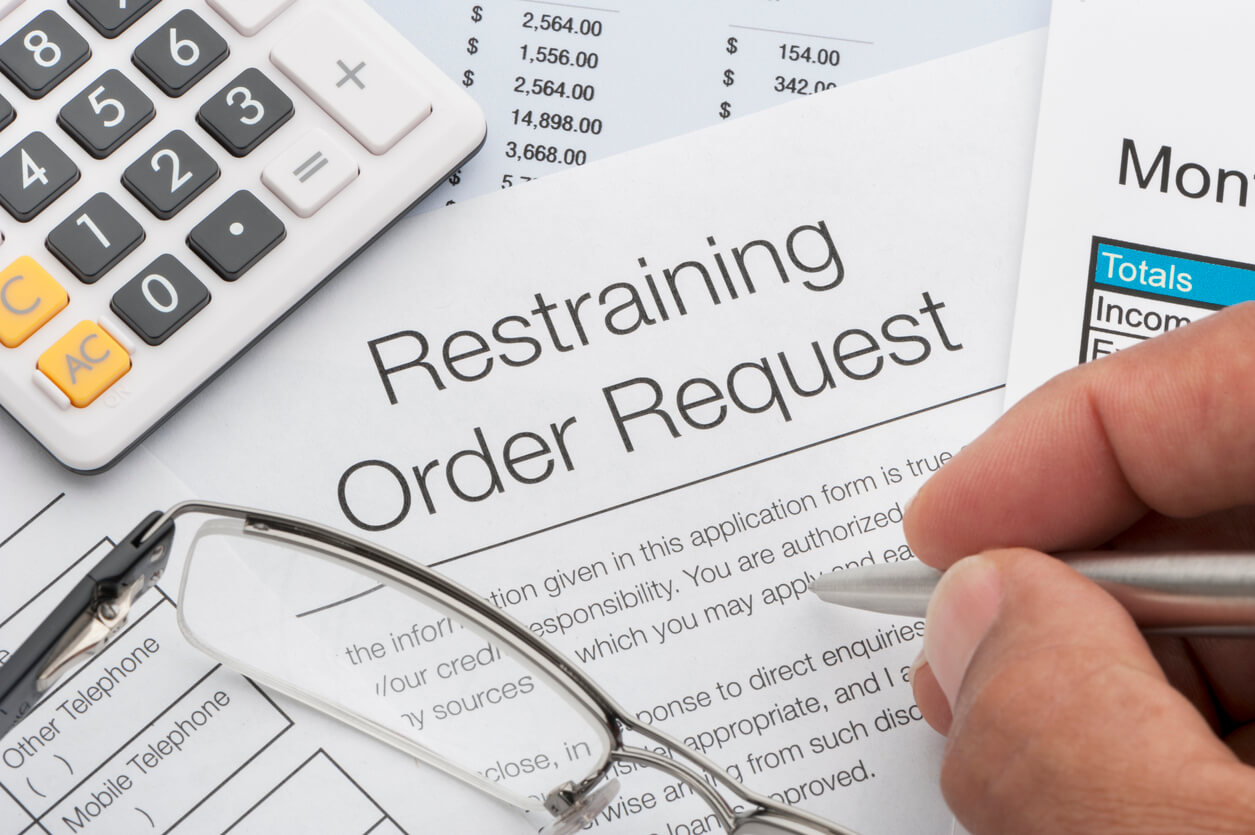Many people in Washington value their right to own firearms. However, if you are involved in a domestic dispute, the other party may request a restraining order or a no contact order. Both orders could restrict your right to own and possess a gun. To protect your legal rights, you may want to contact a Seattle protection order attorney as soon as possible to discuss potential responses and defenses that can help you retain your gun rights.
Restraining Order vs. No Contact Order
Both orders may result in a loss of gun rights.
Restraining Orders are issued after a petition in civil court by a person who seeks protection from domestic violence. On the other hand, a No Contact Order is issued by a criminal court after a person has been arrested for domestic violence.
The orders are independent. There does not need to be an arrest for the court to issue a restraining order. Likewise, the court does not require parties to prove that they are seeking a dissolution of marriage before a No Contact Order is issued. The court may require a No Contact Order as a condition of the release from jail of a defendant arrested for criminal domestic violence.
The judge in either order may require that the party subject to the order immediately surrenders all firearms and dangerous weapons. The person may also be required to surrender a concealed pistol license and be restrained from obtaining a concealed pistol license while the order is in effect. No Contact Orders and Restraining Orders may also prohibit a party from obtaining, accessing, and possessing any firearms and dangerous weapons.
What Should You Do If You Are Served With a Restraining Order or You Are Issued a No Contact Order?
Violating a No Contact Order or Restraining Order is very serious. Therefore, read the order carefully so that you understand the terms of the order. Do not attempt to contact the person protected by the order, including asking someone to contact that person, go anywhere near that person, or go anywhere that the order restricts you from going.
Following the instructions in the order for surrendering your firearms and your concealed pistol permit. Do not attempt to purchase or “borrow” firearms. Examine the claims against you listed in the order and make notes about your relationship to the person protected by the order. Write down what you can remember about the incidents listed in the order. As soon as possible, contact an attorney to discuss your legal rights and your options for fighting the Criminal Case and related No Contact Order or Restraining Order.
Contact Our Seattle Domestic Violence Attorney for More Information
Your legal rights can be severely restricted by a No Contact Order or Restraining Order. The matter is extremely serious. You need immediate legal counsel to protect your rights. Contact Jennifer today to discuss how you can respond to the order so that you can protect your gun rights and other legal rights.
DISCLAIMER: This post is intended to share my perspective, insights, and some general information on various aspects of domestic violence cases. It is not legal advice and is not intended to substitute for legal advice. You should consult an attorney to obtain legal advice for your individual situation and case.

